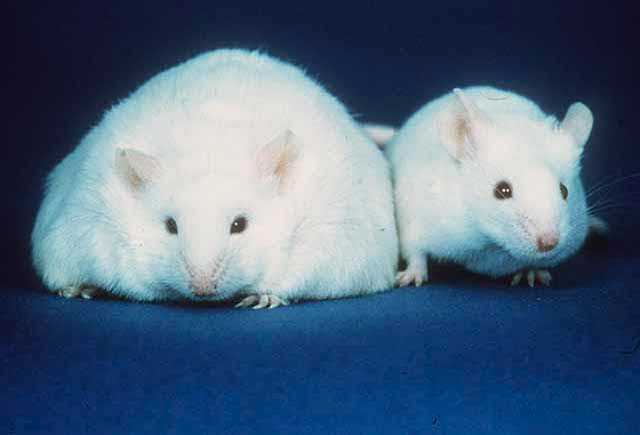News release
From:
Metabolism: Effects of high-fat maternal diet on male offspring assessed
A high-fat maternal diet could lead to increased susceptibility to neurological disorders in offspring by disrupting communication between the placenta and the fetal brain. The findings, based on studies of mice and human tissue, are published in Nature Metabolism.
Previous research has linked maternal obesity with metabolic alterations in offspring, and it may also increase susceptibility to neurological disorders, such as anxiety and depression. While previous studies have highlighted sex-biases in the development of these disorders, few studies have looked into the mechanisms driving these behavioural changes, especially on a sex-specific level.
Staci Bilbo and colleagues compared how maternal diets affected male and female mouse offspring. The authors examined the fetal brain and placental tissue, and behavioural indicators in the mice offspring such as communicativeness, responses to social stimuli and reward-seeking behaviour demonstrated by a preference for sucrose. They found that male mice born from mothers fed a high-fat diet have decreased serotonin availability in the brain. The authors indicate that this persists until adulthood and may lead to behavioural changes in male mice, such as diminished sucrose preference, a measure of lack of reward behaviour. The authors also analysed human fetal brain and placenta tissues alongside those of mice and found that higher maternal blood lipids (a proxy for dietary fat content) correlates with lower brain serotonin levels in the male fetal brain of both humans and mice.
The authors suggest their findings may describe a previously unknown mechanism through which the maternal diet can negatively impact behavioural traits in male mice offspring. They indicate that further research is needed to understand the full implications of this mechanism and the influence of the maternal environment on the development of neurological disorders.



 International
International



